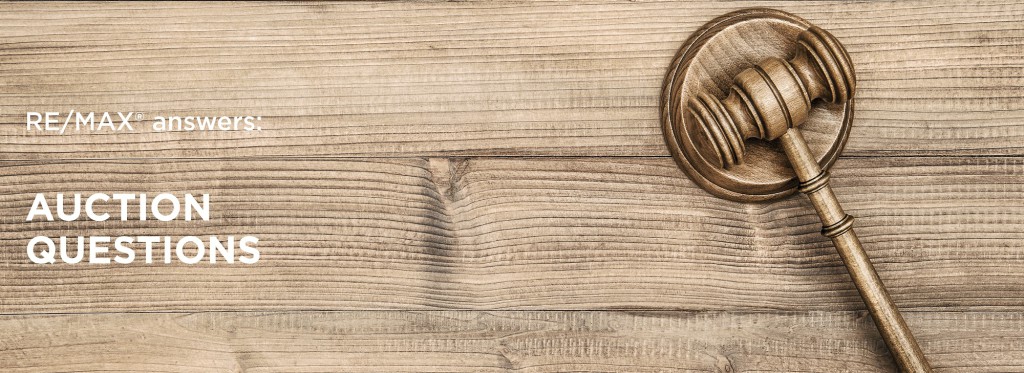Answering those auction questions
In the global real estate scene, Australia and New Zealand have mature auction markets, and many of their auctioneers and auction marketers are recognized as leaders in their field. Other countries look to Australia and New Zealand for auction models, but even in these two countries, auction markets vary substantially across geographic regions, product types and price points. Regulations can also differ. Buyers and sellers should confidently question auctioneers and auction marketers about the auction experience. For example:
What does ‘under the hammer’ mean and what happens if it doesn’t sell ‘under the hammer’?
Greg Parker, RE/MAX Regency, Australia responds:
‘Under the hammer’ is a term used describing the most famous tool of an auctioneer, the Gavel, which is shaped like a hammer. Once the hammer is knocked down, then the highest bidder, subject to the reserve price and seller’s approval, will be the new buyer. Auction terms are usually 5% deposit and 30 days settlement, and they are not subject to any others conditions like cooling off period, finance or building and pest. If the property does not sell under the hammer, it is ‘passed in’. It means the highest bidder did not reach the reserve price the sellers set. It is quite common for negotiations to continue with the highest bidder after the property has been passed in, as well as others buyers wanting to make an offer, who perhaps could not have previously under the auction conditions. Once the property has been passed in, it will usually be listed for sale as private treaty with an asking price, range or price by negotiation.
If I tell my agent what I want to sell my property for, can I change my mind?
Richard Sumner, RE/MAX Apex, NZ responds:
The ‘Reserve Price’ is the lowest price you are willing to accept for the property, and is confidential. Once bidding passes the reserve price, the property is sold to the highest bidder. You will not have the opportunity to negotiate further with that person. You therefore need to think carefully and realistically about the reserve price. If bidding does not reach the reserve price, the auctioneer may consult with you and suggest that the property be put on the market. This means that the reserve price is amended and you are willing to accept the highest bid that is made when the auction resumes. A property can be withdrawn from an auction at any time up until the property is announced as ‘SOLD’ (commonly said to be when the ‘hammer falls’).
By Aimee Doherty
Source: www.remax.com.au



